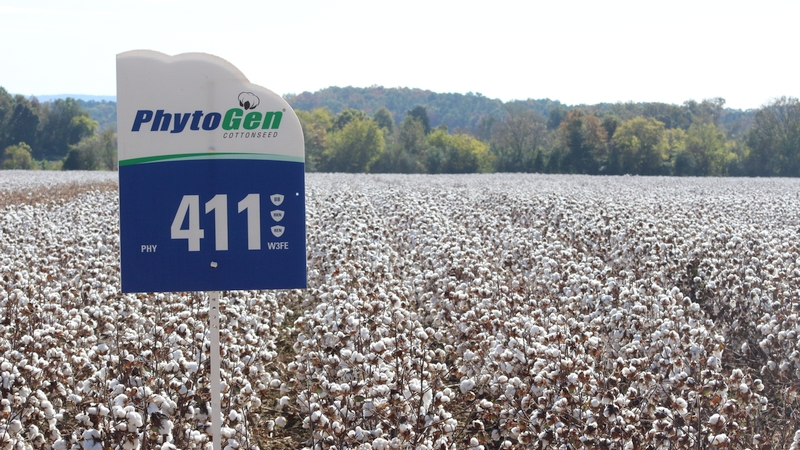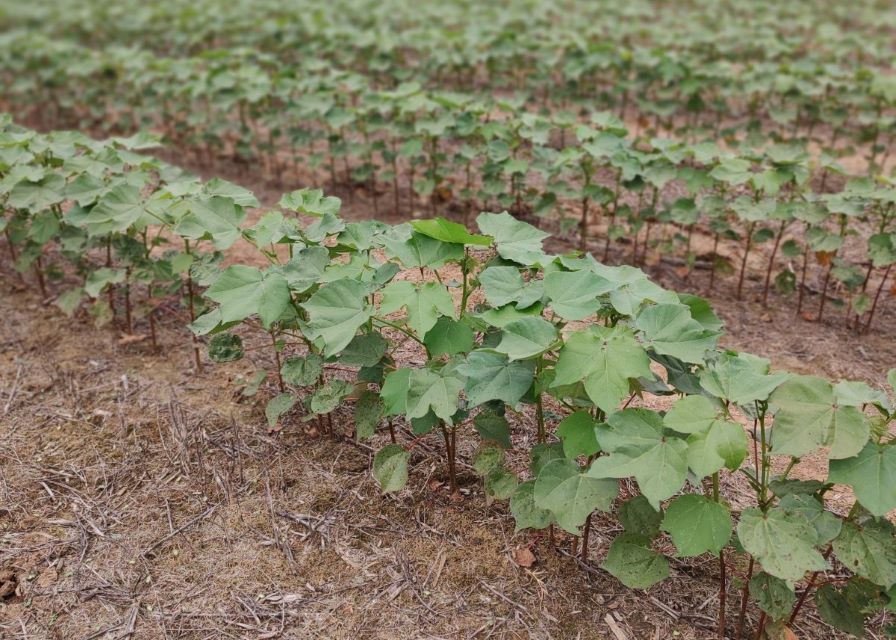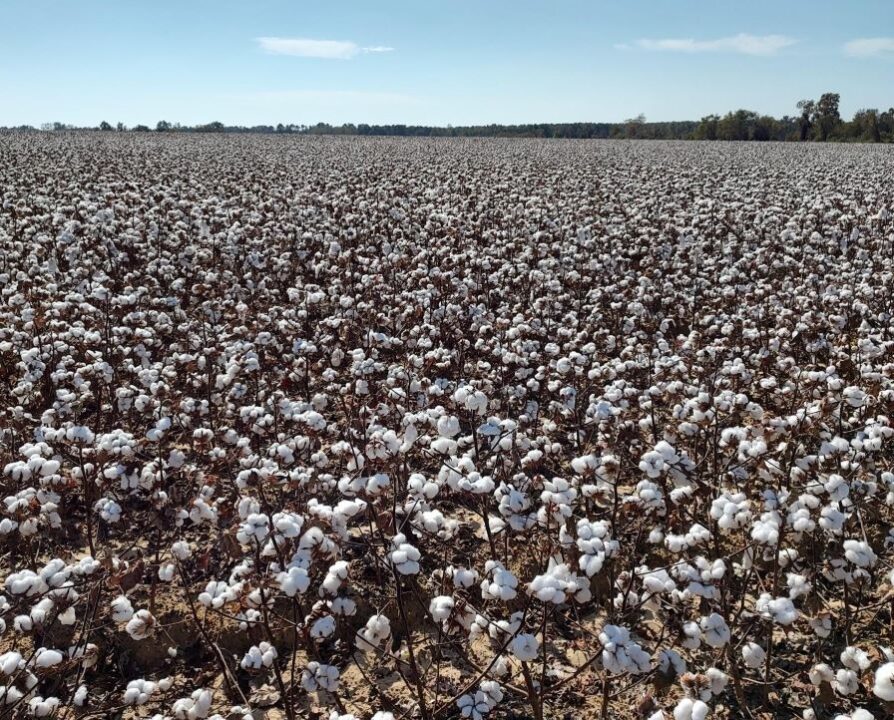Seed Supply Stable Following 2011 Drought
Editor’s note: this story is excerpted from an extended feature to be published in the December issue of Cotton Grower magazine.
to view an exclusive Cotton247 video feature on seed supply in 2012.
Deltapine Marketing Lead Dave Rhylander says his company had a wary eye on weather conditions as the 2011 planting season approached. Because rain had been so scarce in the months leading up to the spring of 2011, Deltapine took the safe route by shifting large chunks of its seed production acreage into the Far West.
“Fortunately, we were staying on top of the weather patterns in Texas, and we were able to move a bunch of our production from Texas to Arizona,” Rhylander says.
While flooding in the Mid-South did impact some of Deltapine’s seed production, Rhylander says the company will be fully stocked on varieties for the 2012 season.
“We’re going to have plenty of supply in the varieties that farmers are going to need. Whether it’s varieties that fit the Texas geography or whether it’s varieties that fit elsewhere, we feel pretty good about our seed supply given the current weather conditions we’ve been through, particularly in Texas,” Rhylander says. “We shifted a bunch of seed production out there to Arizona last spring. So we’re in good shape from a seed production standpoint.”
Representatives from each seed company echoed Rhylander’s statement regarding seed supply heading into the 2012 growing season.
“We had a lot of things going on in 2011 that were fairly atypical,” says Jeff Brehmer, U.S. marketing manager for FiberMax and Stoneville. “When you look at our supply of cottonseed, we feel that we have an extremely good supply. We’ve built up a good supply of the varieties that are going to be the ones that farmers want to go with in 2012.”
But while company representatives all agreed that seed supply won’t necessarily be a concern in 2012, there are still reasons to be cautious when making seed orders in the future.
Long Term Concern
As the CEO and General Manager of All-Tex, Cody Poage paid close attention to the drought’s effect on seed production in West Texas. From his office in Levelland, TX, Poage has a good understanding of how the drought could impact seed production in the region.
“We’ve lost some acres this year, but I have a good carryover supply,” he says of All-Tex seed supply. “We shouldn’t have a problem at all on seed supply in 2012. The worry that I have is not this year but the following year if we have this big drought again out here.
“By the end of February or first of March, if it hasn’t rained a considerable amount, a lot of people out here are going to go to dryland. Which means they’re not going to turn any pumps on, they’re not going to put any fertilizer down and they’re not going to put any Treflan down,” Poage says.
Poage recognizes that many seed companies, including his own, have seed production plots in other parts of the country as well. The concern, he says, is a question of simple math.
“And if they plant everything out here to dryland and it doesn’t come up, then where are we going to get seed production? There are only so many acres in Arizona and other places. I don’t know that there are enough acres to support seed production for each of the companies.”
Poage estimates that around 90% of the acreage in Arizona is devoted to producing seed. As he says, virtually all of the acres in that state are already accounted for. While there are acres available for seed production in the Delta region, Poage says that is a 50/50 proposition because of inherent risks like humidity and hurricanes. If a drought persists in Texas and conditions turn off bad in the Mid-South, Poage says seed production for the 2013 season could be in “very serious shape.”









